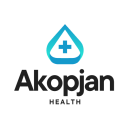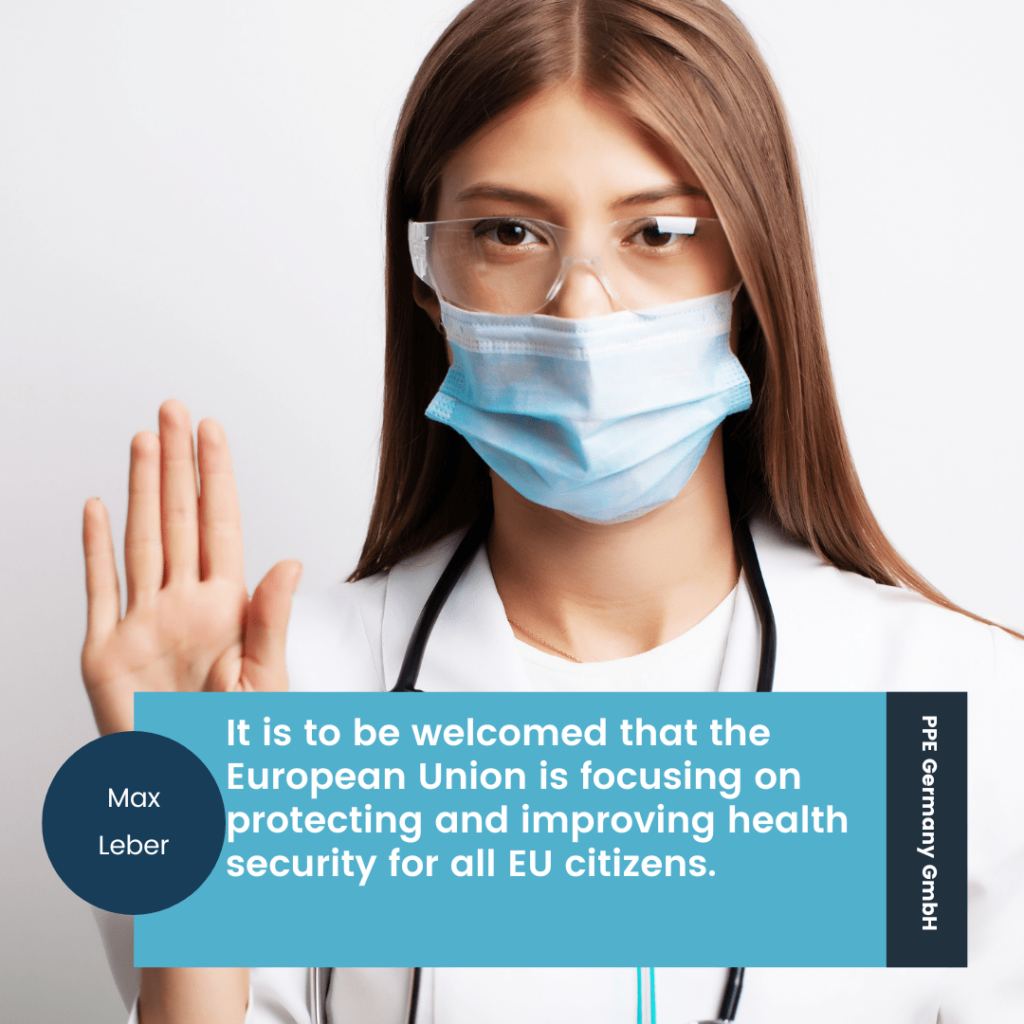Regulations for nursing homes are designed to protect and empower. This is a sensitive industry that directly affects the health and well-being of vulnerable people, such as the elderly or those in need of care. Contribution to the discussion by Max Leber, Managing Director of PPE Germany GmbH from Berlin.
Nursing and care needs facilities that offer the appropriate services; dependent are those who need to be cared for and looked after. Legally, the Wohn- und Betreuungsvertragsgesetz (WBVG) aims to protect those who need support and assistance due to age, need for care or disability. Regulations serve to ensure that residents receive appropriate care and support and that their rights and needs are respected. They cover a variety of issues such as hygiene, nutrition, medical care, psychosocial support, safety, and protection from abuse or neglect.
In addition, regulations are designed to ensure uniform quality in care to ensure that care facilities meet the same high standards. This is especially important because public funding and health care financing are often at stake in the long-term care industry. There are also legal provisions that regulate the care industry and ensure that facilities comply with all applicable laws and regulations.
European Charter of Rights and Responsibilities in Residential and Nursing Homes
The European Charter of Rights and Responsibilities in Residential and Nursing Care Homes was created by the European Union to ensure that older people and those in need of care have equal access to quality care services throughout Europe. The Care Charter, first published in 2006, is considered an important tool for promoting the protection of the rights and dignity of older people and improving the quality of care in Europe. In Germany, the Bundesinteressenvertretung für alte und pflegebetroffene Menschen e.V. (BIVA-Pflegeschutzbund), among others, worked on the agreement, which is valid throughout Europe.
A number of rights to which older people in residential and nursing homes are entitled are defined in the European Charter. Including the right to quality care and support, the right to respect for their dignity and privacy, the right to participate in decisions about their care and support, and the right to protection from abuse, neglect and discrimination.
In addition, the Care Charter also sets out a number of obligations that residential and nursing homes, as well as the relevant authorities, must fulfill to ensure that these rights are respected. These include providing adequate resources and facilities, training care staff on the dignity and needs of older people, providing complaint and counseling mechanisms for residents, and ensuring residents‘ participation and co-determination.
Implementation of the charter is mandatory for all EU member states and compliance is monitored regularly. The aim is to improve the quality of care for older people in Europe and to ensure that their rights and dignity are respected.
Statutory EU regulations on occupational health and safety
The original version of the EC Treaty of 1957 in EU health policy included an article on health and safety at work. Since 1993 and 1999, the EU has had Community competence for public health. Since then, a number of legal regulations on protection and occupational health have been adopted to ensure that workers throughout the European Union are protected from workplace hazards and that their rights and health are respected. These regulations include:
Framework Directive 89/391/EEC on the protection of the safety and health of workers at work: this directive sets out the general principles for occupational health and safety and requires employers to carry out a risk assessment to identify potential hazards and to take measures to minimize or eliminate those hazards.
Directive 89/656/EEC on the use of personal protective equipment (PPE): this directive sets requirements for PPE in the workplace and requires employers to provide appropriate PPE and ensure that workers use it.
Directive 92/85/EEC on the protection of pregnant workers and workers who breastfeed after confinement: This Directive requires employers to take appropriate measures to protect pregnant workers and workers who are breastfeeding after childbirth from workplace hazards.
Regulation (EC) No. 1907/2006 REACH: This regulation establishes requirements for the registration, evaluation, authorization and restriction of chemicals to ensure that the use of hazardous chemicals in the workplace is minimized.
Directive 2000/54/EC on the protection of workers from risks related to exposure to biological agents at work: This directive establishes requirements for protection against biological agents in the workplace, including measures for the prevention and control of infectious diseases.
It is to be welcomed that the European Union is focusing on protecting and improving health security for all EU citizens. This includes the modernization and digitalization of healthcare systems and infrastructures, as well as comprehensive access to occupational health and safety with innovative and modern technologies.
V.i.S.d.P.:
Max Leber
Managing Director and Sales
PPE Germany GmbH
Contact:
PPE Germany GmbH
Mertensstr. 63-115
13587 Berlin
Germany
Tel: +49 30 202366380
Email: anfrage@ppegermany.de
Web: https://ppegermany.de
Contact: Max Leber, GF and Sales
Press contact:
PPE Germany GmbH
Mertensstr. 63-115
13587 Berlin
Germany
Tel: +49 30 202366380
Mail: presse@ppegermany.de
Web: https://ppegermany.de
Company Description:
PPE Germany GmbH, based in Berlin, are specialists in respiratory protection Made in Germany. PPE Germany is one of the major European mask producers for high quality FFP2 masks and started production in 2020 to ensure the supply of protective equipment to the population. PPE Germany protects the health of people who have to work and live in complicated air conditions, such as viral contamination, hospital germ contamination, bacterial contamination, dust, fibers (e.g. due to mineral wool), industrial fumes, fine dust. All PPE Germany products are certified and subject to the strictest testing standards. For more information, visit: https://ppegermany.de


